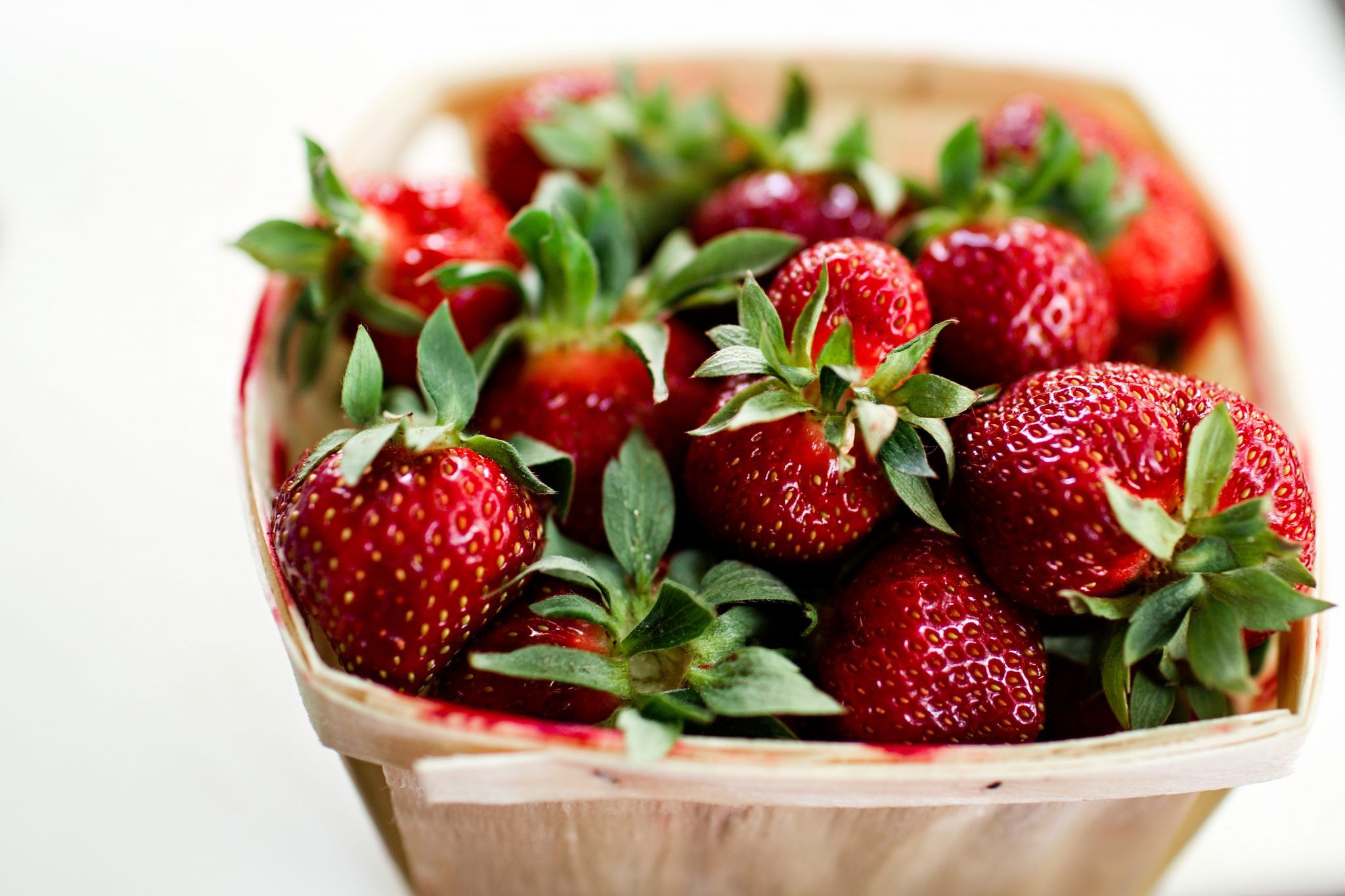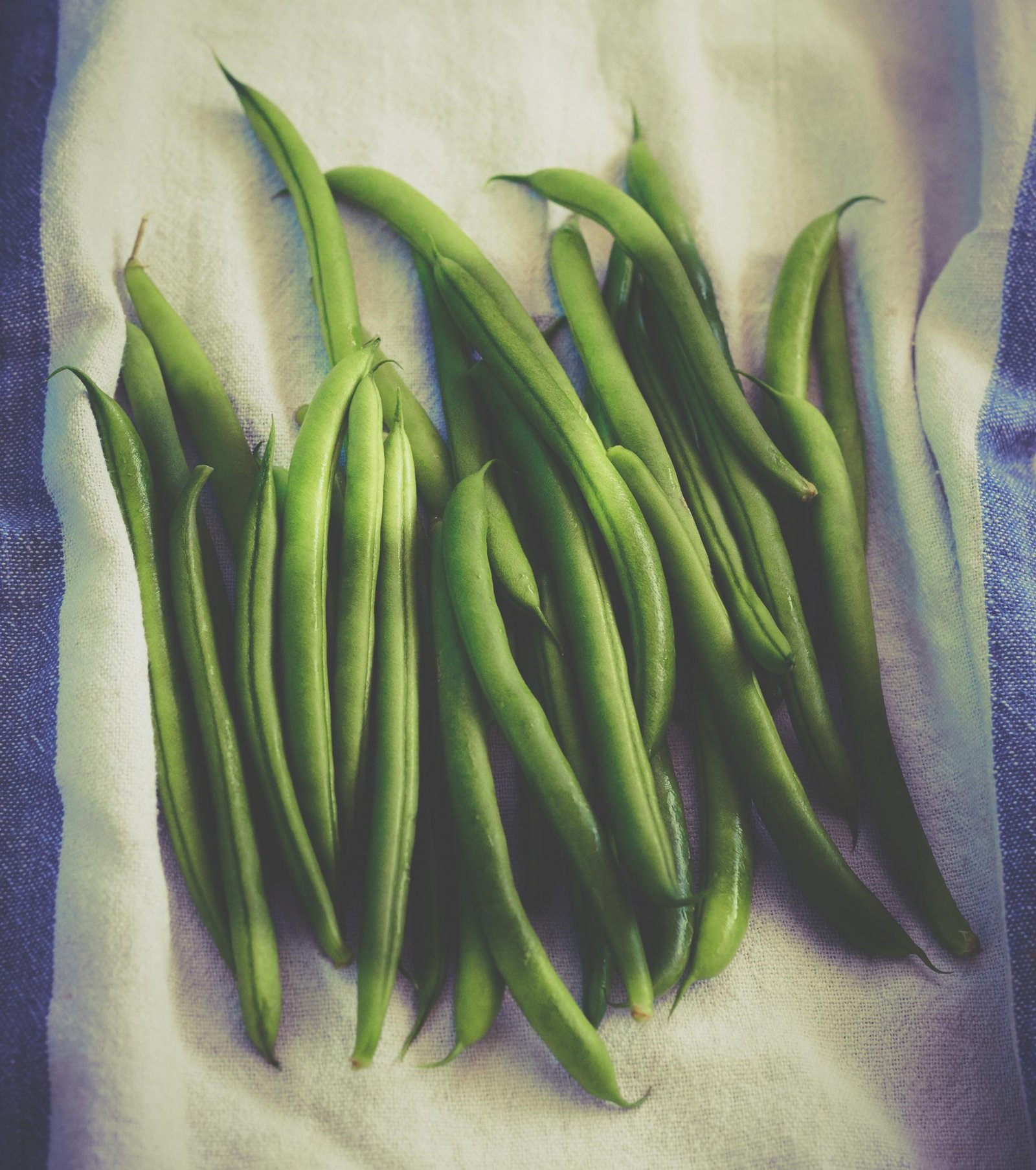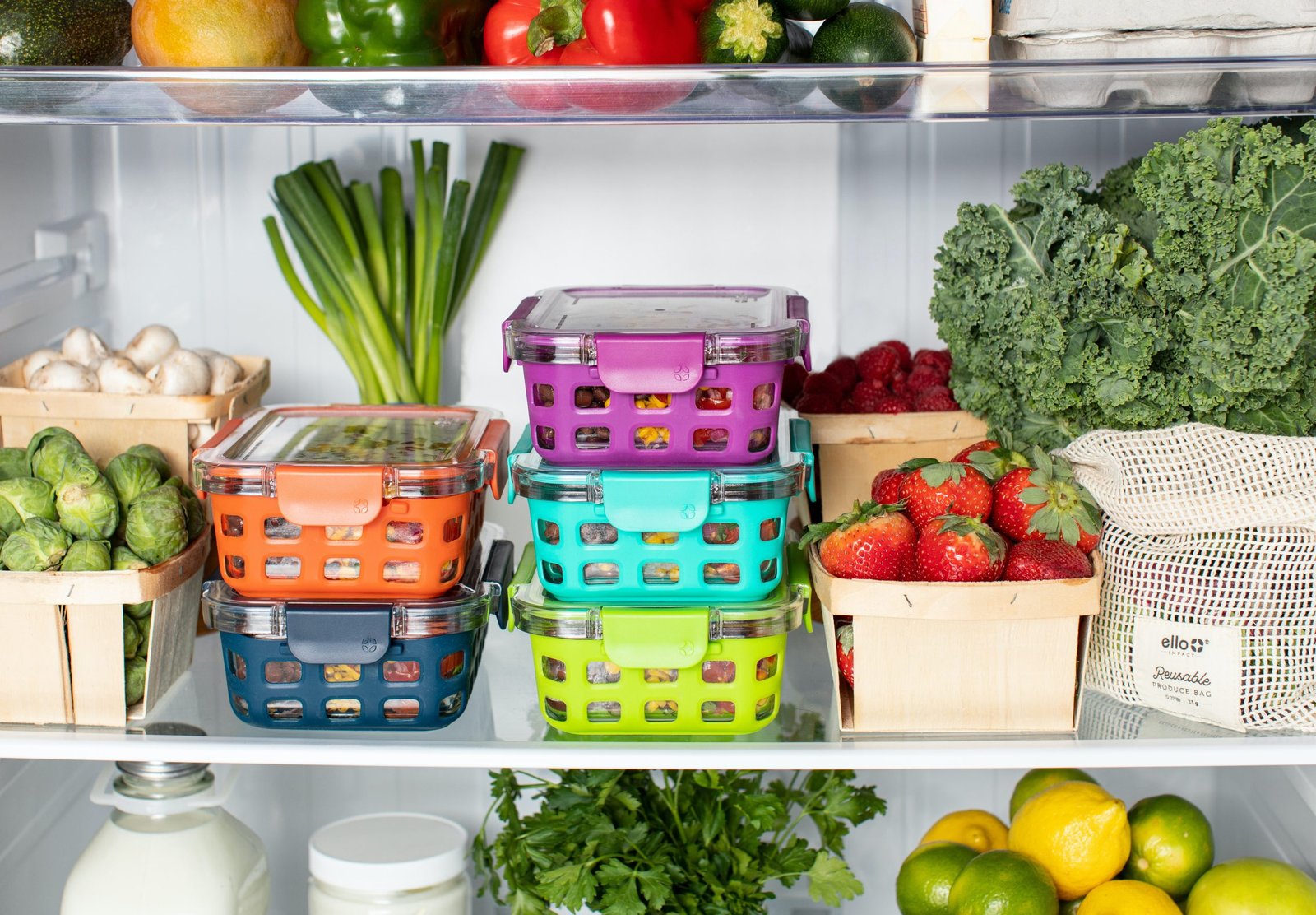The nutritional value of frozen fruits and vegetables is actually greater than fresh-stored produce.
A look into the research published in Elsevier’s Journal of Food Composition and Analysis, reveals that the nutritional value of certain frozen fruits and vegetables are generally equal to fresh produce. In fact, the amounts of Vitamin A, Vitamin C, and folates of some frozen fruits and vegetables were greater than fresh-stored produce.
“Our research shows that frozen fruits and vegetables are nutritionally equal to – and in some cases better than – their fresh-stored counterparts,” said UGA Professor Dr. Ronald Pegg, who led the study. “In particular, Vitamin A was greater in frozen fruits and vegetables than select fresh-stored fruits and vegetables.”

In partnership with the Frozen Food Foundation, the University of Georgia conducted the study, where researchers compared the nutrient content of eight commonly purchased frozen and fresh fruits and vegetables. The study mimicked consumer purchasing and storage habits of blueberries, strawberries, corn, broccoli, cauliflower, green beans, green peas, and spinach.
To account for variables such as growing conditions, country of origin, and time in the supply chain, composite samples were prepared from fresh and frozen fruits and vegetables purchased from six independent grocery stores.

Foundation President Alison Bodor explained, “Frozen fruits and vegetables are picked and frozen at their peak ripeness, locking in the nutrient value at the point of freezing. While this research demonstrates the nutritional benefits of freezing, frozen foods and beverages also provide consumers with convenient meal options while minimizing food waste.”






